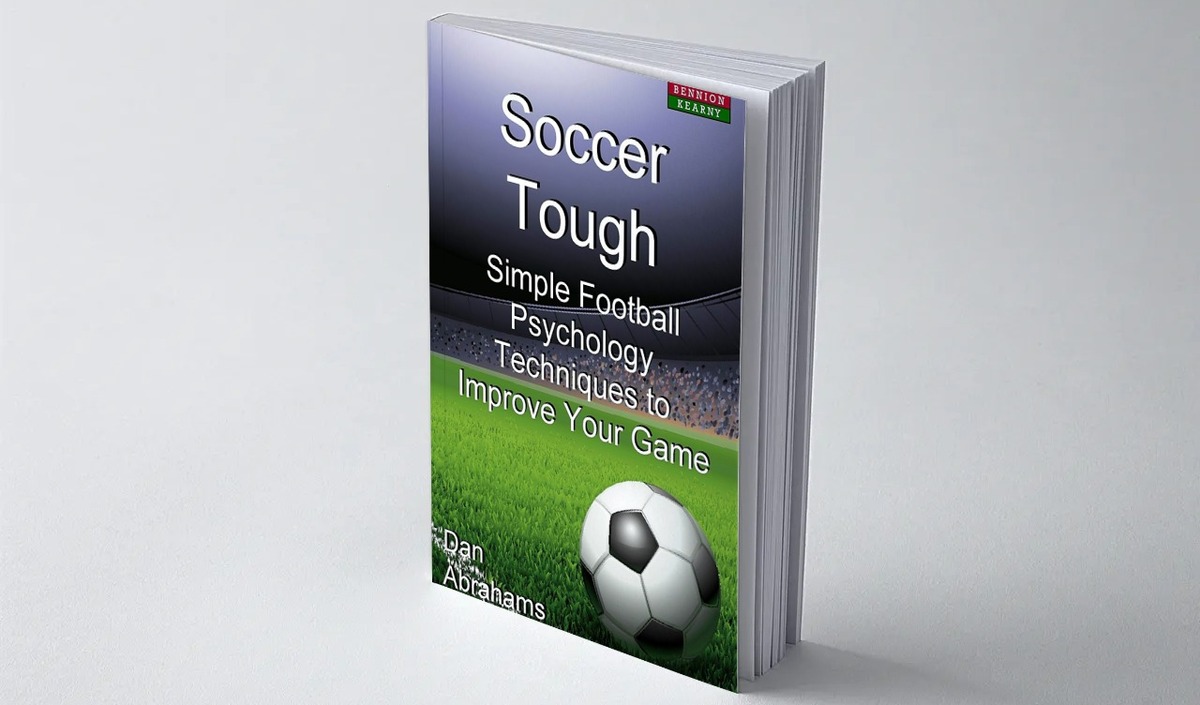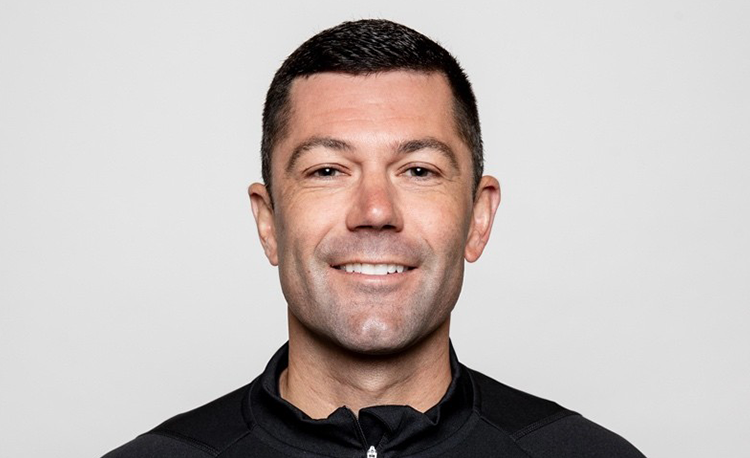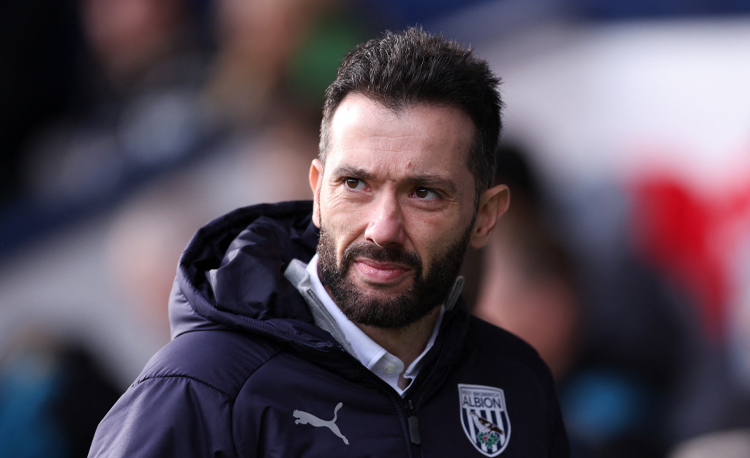You are viewing 1 of your 1 free articles
When the going gets tough...
Dan Abrahams is a sports psychologist who specialises as a soccer consultant. He has worked with both clubs and individuals, and was recently seen on Sky Sports discussing a wide range of topics.
With a Master’s Degree in Sports Psychology, and having formerly being a professional sportsman, he brings a unique insight into the importance of the mind in sport.
Dan’s book, Soccer Tough, is aimed at players and coaches from the amateur to professional. There really is something for everyone here, aided by the use of plain English throughout, with simple, easy to understand tips.
A game of mindset
Opening the book, Dan explores the idea that the mind can be both your greatest asset and your inner enemy.
At one moment, when your mind is sharp and tuned in, you have a great game. The next, you make a mistake and self-doubt accentuates the error, creating nervousness and fear. The result is that your game deteriorates with each passing minute.
This is purely a case of soccer mindset and Dan demonstrates clearly and simply how you can affect and control your mindset in the same way as you can control your muscles and passes.
You create you
In the second chapter, Dan explores the concept of self belief and looks at how you can use your memory and imagination to create a positive self image. Dan recounts a real life situation about a player with whom he worked and some of the activities employed to build that player’s self image and belief.
Daydreaming
Abrahams examines the useful tool of daydreaming, looking at how mental rehearsal can prepare us for forthcoming games. Finding an environment where you can concentrate without interruption is described as your “imagination home”, and is where you can use mental skills to prepare your mind in the same way as you would use a gym to prepare your muscles.
Inner voice
Positive self-talk is a technique that is introduced to the reader. This is not merely about being ‘upbeat’, but works towards creating a script for yourself that can help you overcome individual challenges.
ANTs
Again using clear examples and real life situations, Dan Abrahams looks at how the mind is often quick and pre-programmed to resort to Automatic Negative Thoughts (ANTs). Dan examines why this is so, preparing the reader to understand that, in certain circumstances they can be life-preserving and yet, in a performance environment sense, they can do exactly the opposite.
Abrahams again demonstrates some clear steps that, with practice, shows how to recognise and control such thoughts, and to re-programme your mind to constructing something far more useful for the performance environment.
Summary
Throughout the book, while Dan acknowledges that every individual is different, he shows that there are common mental challenges for all players and coaches at all levels of the game, and these are superbly illustrated with the use of vivid examples that highlight the issues.
With a series of exercises that are both practical and simple, only the dedication of the reader is required to practise and perfect the skills to enhance the mental control of your game.
The author’s style is engaging and has a light touch that keeps the pages turning, and with well-illustrated examples, what could be a dry subject is never anything but fascinating.
Whether you are a coach, a player, or maybe even the parent of someone is in need of assistance, this easy to use book is a valuable tool for anyone who seeking to improve
performance.
Soccer Tough, Dan Abrahams.
Editor's Picks
Using the goalkeeper in build-up play
Pressing principles
Intensive boxes drill with goals
Penetrating the final third
Creating and finishing
My philosophy
Pressing initiation
Compact team movement
Defensive organisation
Coaches' Testimonials

Alan Pardew

Arsène Wenger

Brendan Rodgers

Carlos Carvalhal

José Mourinho

Jürgen Klopp

Pep Guardiola

Roy Hodgson

Sir Alex Ferguson

Steven Gerrard
Coaches' Testimonials

Gerald Kearney, Downtown Las Vegas Soccer Club

Paul Butler, Florida, USA

Rick Shields, Springboro, USA

Tony Green, Pierrefonds Titans, Quebec, Canada
Join the world's leading coaches and managers and discover for yourself one of the best kept secrets in coaching. No other training tool on the planet is written or read by the calibre of names you’ll find in Elite Soccer.
In a recent survey 92% of subscribers said Elite Soccer makes them more confident, 89% said it makes them a more effective coach and 91% said it makes them more inspired.
Get Monthly Inspiration
All the latest techniques and approaches
Since 2010 Elite Soccer has given subscribers exclusive insight into the training ground practices of the world’s best coaches. Published in partnership with the League Managers Association we have unparalleled access to the leading lights in the English leagues, as well as a host of international managers.
Elite Soccer exclusively features sessions written by the coaches themselves. There are no observed sessions and no sessions “in the style of”, just first-hand advice delivered direct to you from the coach.









